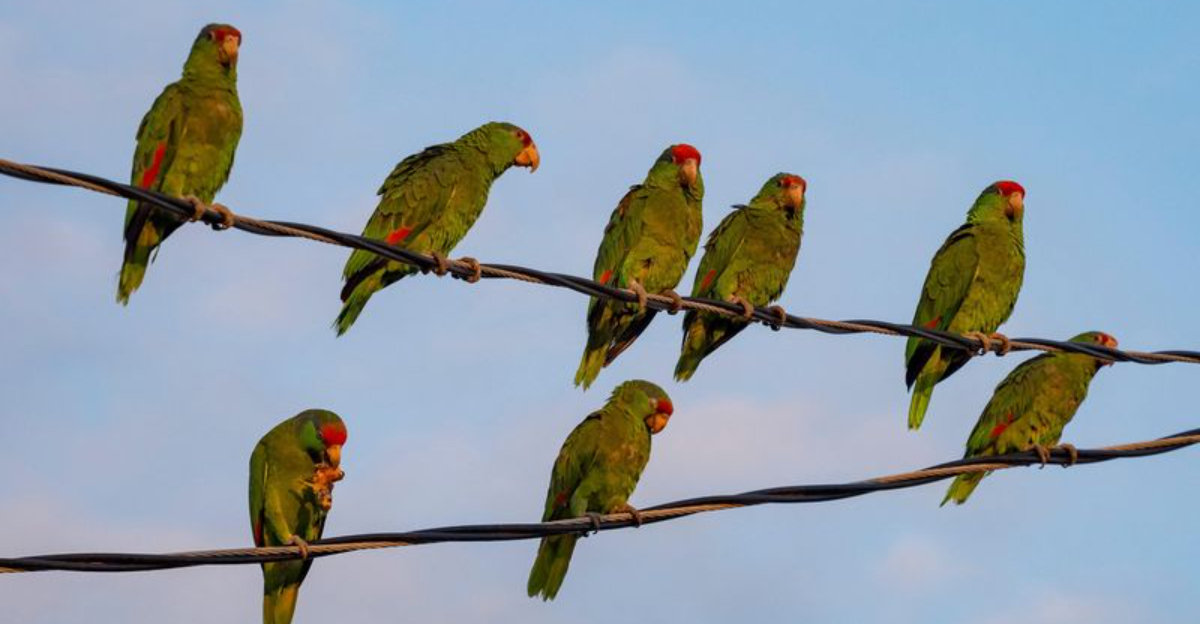Owning a bird in California might seem as breezy as a sunny coastal morning, but there’s more to it than picking a pretty parakeet.
From surprising legal quirks to housing rules and unexpected vet visits, being a bird parent in the Golden State comes with unique twists.
Whether you’re eyeing a talking companion or a cheerful chirper, understanding what bird ownership really involves can save you a lot of surprises, and keep your feathered friend happy and healthy.
1. The Forbidden Feathers List
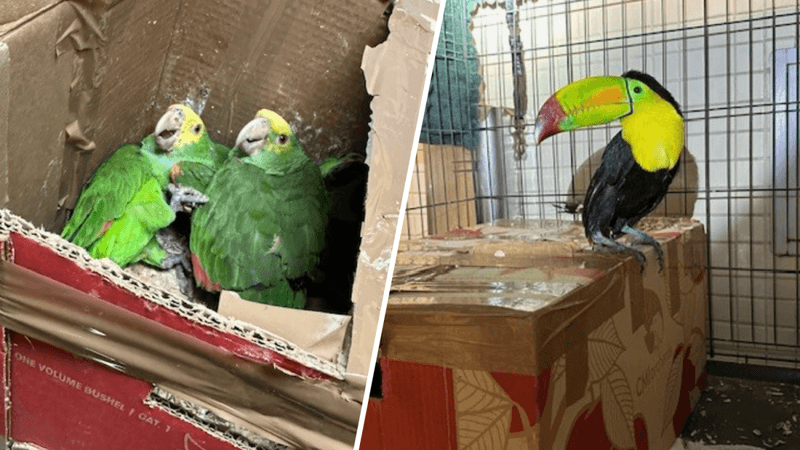
Surprise! Not all birds can legally nest in your California home. The state maintains a strict prohibited species list that includes exotic birds like mynahs, starlings, and certain parrots considered invasive threats.
Wildlife officials don’t mess around with enforcement either—violations can result in hefty fines or even criminal charges.
Always check the current California Department of Fish and Wildlife regulations before bringing home that exotic beauty.
2. Monk Parakeet Ban
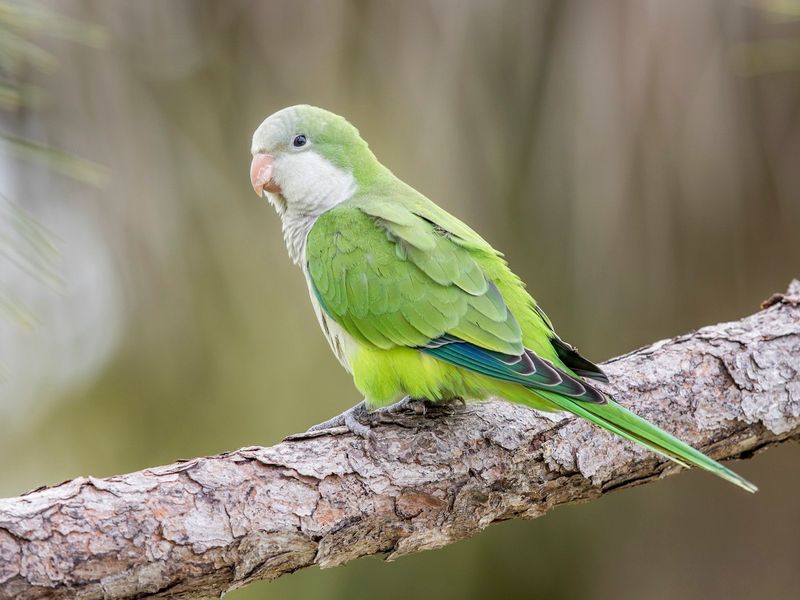
Those charming green monk parakeets you saw on Instagram? Completely illegal in California! These social birds build massive communal nests that can damage power lines and infrastructure.
Despite their popularity in other states, California banned them decades ago after escaped pets established wild colonies elsewhere in the country.
Even with proper documentation, you cannot legally own one in the state—no exceptions!
3. License Required for Game Birds

Fancy raising pheasants or quail? Better get your paperwork in order first! California requires a Domesticated Game Breeder’s License for anyone keeping game birds.
The application process involves facility inspections and documentation of your bird-keeping setup. Even hobbyists with just a few birds need this permit.
Annual renewals keep state officials informed about your feathered collection and help prevent illegal wildlife trafficking.
4. Pet Shops Need Bird Experts
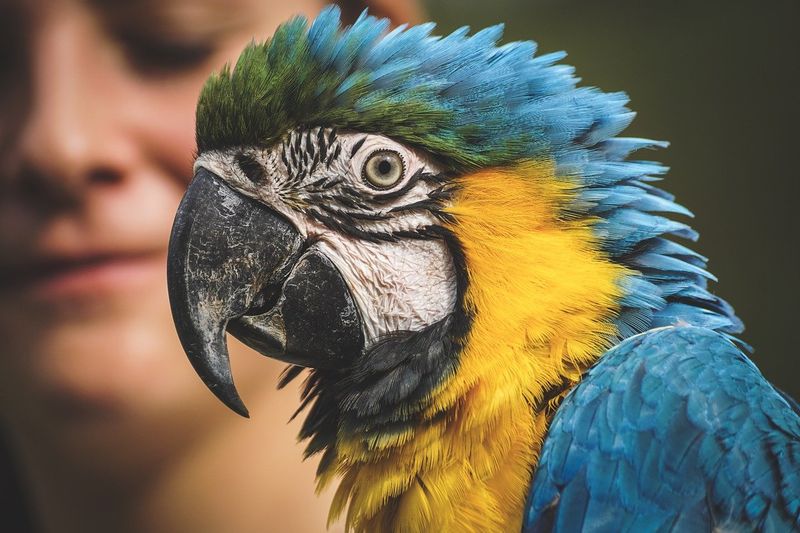
That friendly face helping you pick out bird supplies isn’t just any employee. California law mandates that pet shops selling birds must employ staff certified in avian care and disease recognition.
This requirement aims to reduce disease spread and ensure proper bird handling.
Next time you’re shopping for your feathered friend, feel free to quiz the staff—they should know their stuff about proper nutrition, housing, and common health issues!
5. Bird Counting Regulations
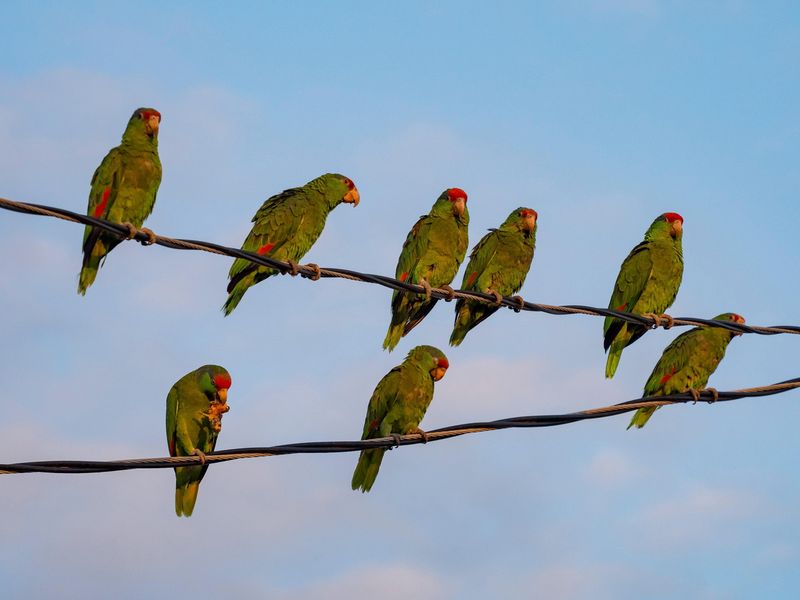
Bird math matters in California! Many cities and counties limit how many feathered friends you can legally keep.
Los Angeles, for instance, caps residential properties at a specific number of birds depending on your lot size. Urban areas tend to have stricter limits than rural regions.
Before expanding your avian family, check with your local animal control department. The neighbors might report excessive squawking long before you realize you’ve exceeded the legal limit!
6. HOA Feather Feuds
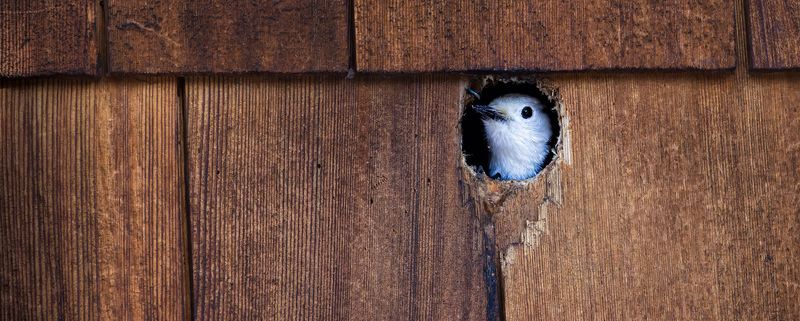
Your Homeowners Association might clip your wings before you even bring your bird home! California HOAs wield significant power in restricting pet ownership, including limiting or banning birds entirely.
The noise, potential mess, and allergen concerns give HOAs legal grounds to regulate avian companions.
Before purchasing that macaw, review your CC&Rs thoroughly. Some associations even restrict outdoor aviaries or require special approval for certain species.
7. Bird Quarantine Powers
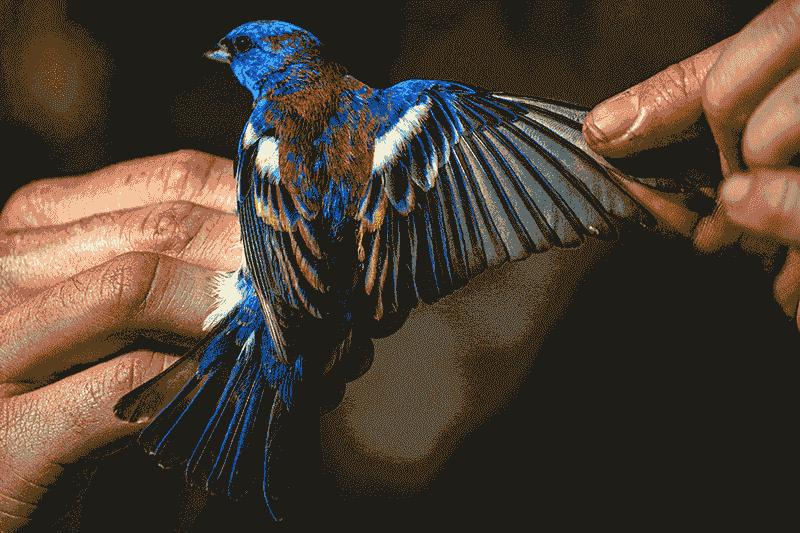
Got plans for your new cockatiel? The state might have other ideas! California officials can legally quarantine your birds during disease outbreaks without compensation.
During avian influenza scares, owners have found their beloved pets under mandatory lockdown orders.
The California Department of Food and Agriculture maintains emergency powers to prevent disease spread. Smart owners establish home quarantine protocols before officials come knocking.
8. Black Market Bird Trade Penalties
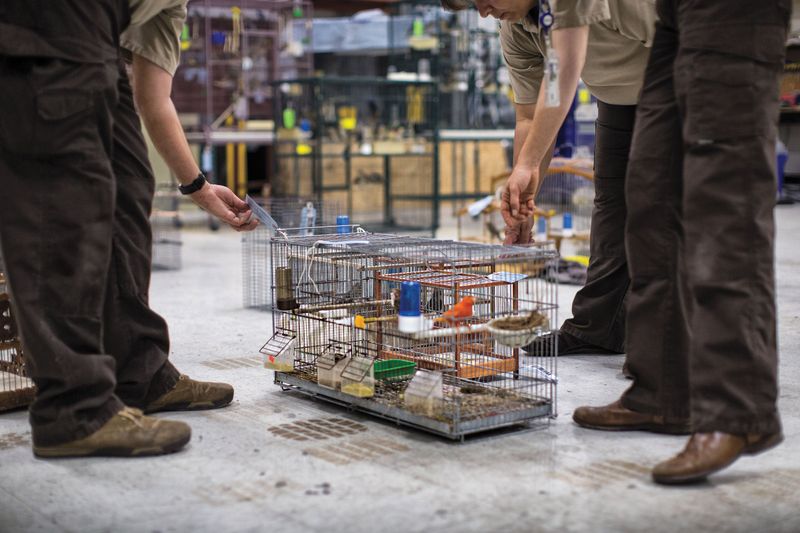
That “great deal” on a rare parrot might land you in serious legal trouble! California enforces some of the nation’s strictest penalties for illegal bird trafficking, with felony charges possible.
Endangered species protections apply even to captive-bred birds without proper documentation. Always request CITES certificates and breeding records when purchasing exotic species.
The state regularly conducts undercover operations targeting illegal bird sales—don’t become an unwitting accomplice!
9. The Weaning Requirement
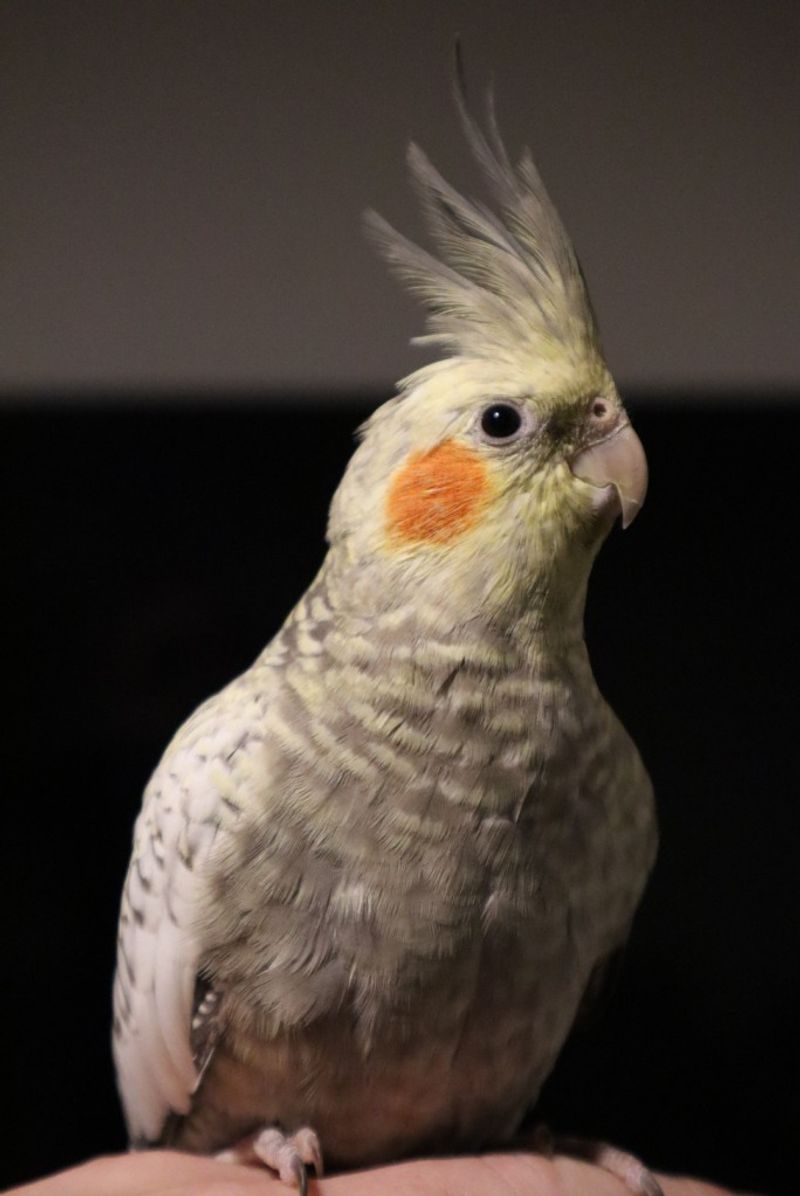
Baby birds need mama’s care—or at least proper weaning—before landing in your home. California law prohibits selling unweaned birds to the general public, a protection many other states lack.
This regulation prevents inexperienced owners from attempting the specialized feeding techniques baby birds require.
Legitimate breeders must keep their babies until they eat independently. When purchasing a young bird, always request documentation proving it’s fully weaned.
10. Cage Size Regulations
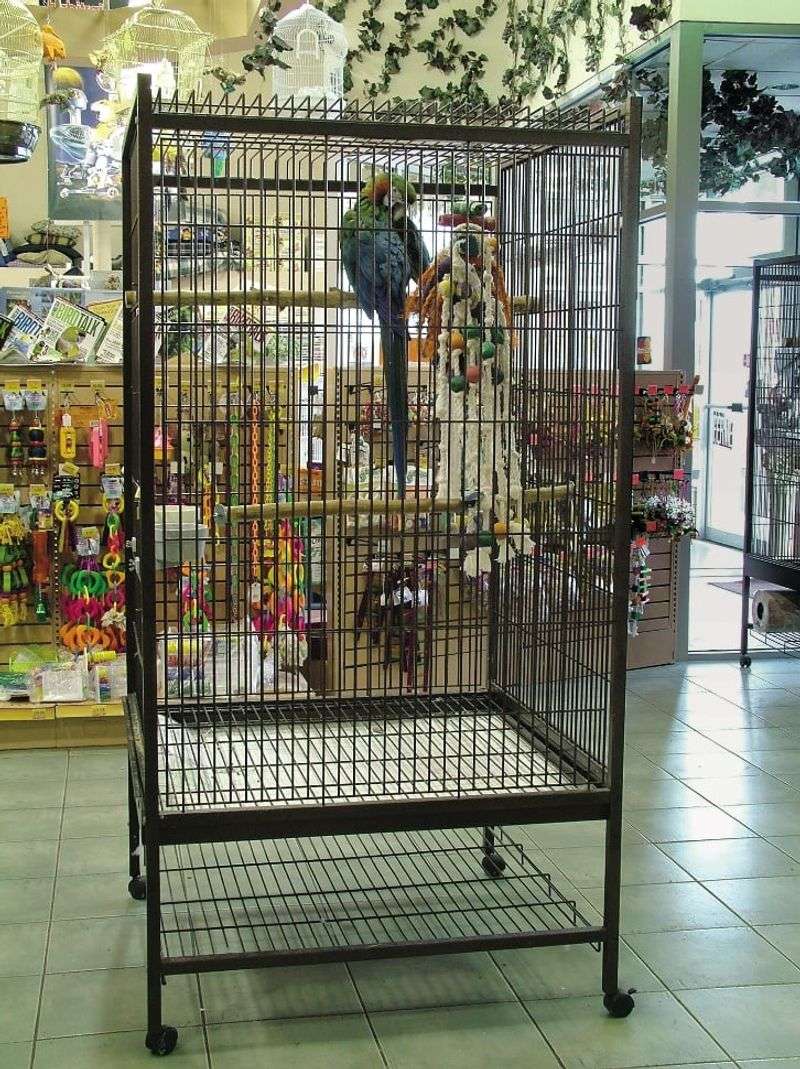
Your parakeet’s palace might not meet legal standards! California enforces minimum cage size requirements based on bird species, with measurements specifically tailored to allow natural movement and behaviors.
These regulations apply to pet stores, breeders, and private owners alike. Birds must have enough space to fully extend their wings without touching cage sides.
The next time you shop for housing, bring a tape measure—that cute decorative cage might actually be illegal for your feathered friend!
